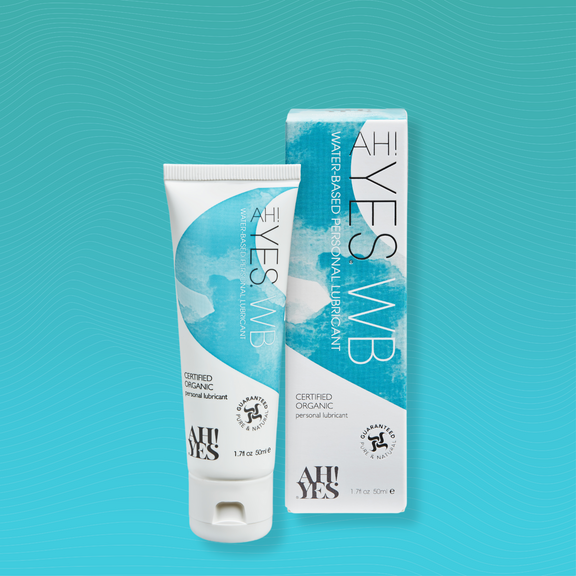What is 'greenwashing'?
Guest Blog written by The Soil Association.
Why is greenwashing such a problem in the beauty and wellbeing industry?
Let’s look at this in relation to the term “organic”. In both the US and the UK, for food to be labelled as “organic” it needs to have been farmed to a strict legally defined standard. However, this is not the case with beauty and wellbeing products. The term is not legally regulated in this field in either nation, meaning that it is possible for companies to label their product as “organic” even if it contains minimal organic ingredients!
What is greenwashing?
As defined in an article in the Telegraph that the Soil Association Certification helped contribute to, greenwashing is when “a company misleads shoppers into thinking a product is more sustainable than it really is.” You may have seen companies employ lots of “green” imagery and colouring in their marketing and packaging, easily connecting the brand to the environment in the consumers mind, whilst offering no guarantee of their real environmental impact
In the UK, a drinks company recently had their TV advert banned after falsely claiming that their single-use plastic bottles helped the environment.
California recently introduced a law that aims to curb greenwashing in relation to the recyclability of products. Companies will be in breach of the law if they display the recycling symbol on a product when the product or packaging does not meet the state-wide recyclability criteria, which aims to create more scrutiny on what types of plastic are being used. In the UK, the government has recently introduced the “Green Claims Code” to give companies guidance on making accurate claims about their sustainability credentials. This was after the Competition and Markets Authority revealed that 40% of green claims made by businesses were “suspect”.
While some governments have recognised the greenwashing issue, more work still needs to be done- and the issue is particularly prevalent in the beauty and wellbeing industry.

As a consumer, how do I avoid being “greenwashed”?
In the space of effective legal regulation, one of the easiest ways to avoid being greenwashed when buying beauty or wellbeing products is to look for reputable third-party certification. This will ensure a brand has had to meet certain environmental criteria to display that symbol on their product.
To ensure you are buying not just a truly organic, but an all-around sustainable product, be sure to look for the Soil Association Certification Organic logo. This ensures that at least 20% of the overall ingredients in the product are organic (10% for wash off products). This may seem like a low percentage, but it is because the majority of a lot of beauty and wellbeing products is water, which cannot be classed as organic because it is not a farmed ingredient! However, 95% of the product’s PPAI ingredients - which are the ingredients from agriculture that have gone through a physical process such as crushing - must be organic.
A product certified to the Soil Association Certification standard, including YES’s range of products, is guaranteed to have gone through checks on sustainability from the farm the ingredients are grown on, to the processing and packaging facilities. All of these must be inspected and certified by us, and these checks happen every year when the company’s license is up for renewal. Looking for products with the Soil Association Certification logo therefore ensures the product meets the gold standard of sustainability.
The best way to identify greenwashing is to be informed. INCI lists on the back of products can be very confusing, so check out the Soil Association’s list of “Terrible Ten” ingredients in beauty products. These are ingredients that are included in some products claiming to be “organic” that would not be allowed under the Soil Association Certification Standard, due to the potential side effects on both human and environmental health.
The certified organic beauty and wellbeing market is experiencing strong growth. Our 2022 Organic Beauty & Wellbeing Market Report also found that consumers are becoming more aware of greenwashing, and while 52% of consumers surveyed do not trust brands to be honest about their environmental impact, 42% said they would be encouraged to see a brand as more sustainable if it had third party certification proving its standards. You can read more by downloading the report here.
Who are the Soil Association?
The Soil Association was founded as a charity in 1946 to campaign against intensive farming, encourage local purchasing and to create public education on nutrition. Today, the business arm of the organisation- Soil Association Certification- not only certifies food to a rigorous organic standard, but health and beauty products also. They are the largest certifier of these products in the UK. As the certifier of our range of organic intimacy products, we have invited the Soil Association Certification’s Business Development and Marketing Officer, Paige Tracey, to discuss the issue of “greenwashing”, and why their organic standard for these products is so important in avoiding the issue.




